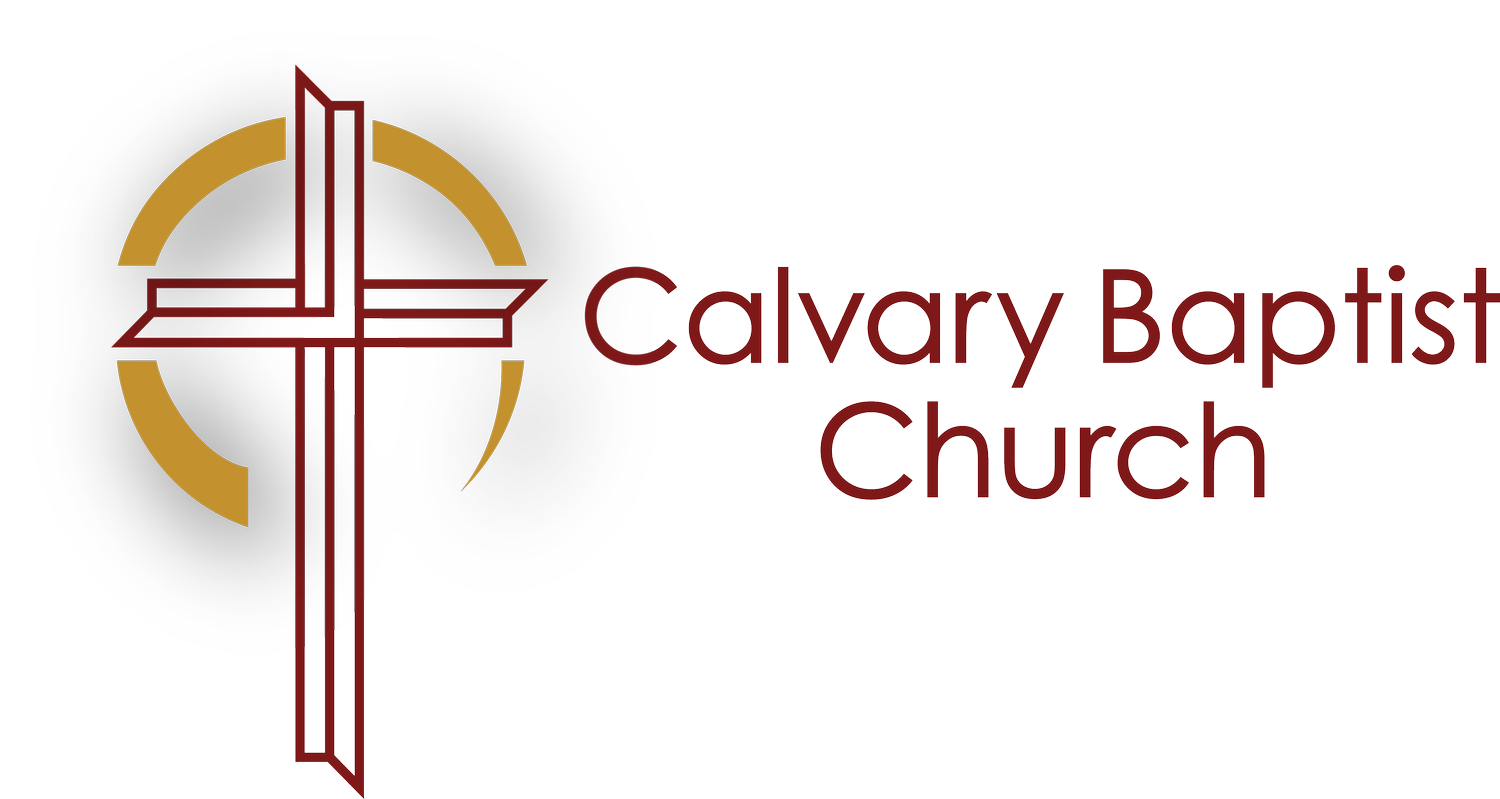Session #1- The Servant King
Introduction:
It is often said that pride is the “oldest sin in the book.” In the Garden of Eden, the serpent deceived Eve by telling her that when they ate the forbidden fruit, “their eyes would be opened, and they will be like God” (The irony is that they were already created to bear God’s image!) The desire to be our own god has pervaded the human condition ever since, and each of us, in our own way, is tempted to govern our lives as if we are not accountable to God or anyone else. Pride rears its ugly head through vanity, stubbornness, selfishness, and at its deepest level, exclusion.
John Ortberg powerfully describes this destructive and exclusive effect of pride:
“Pride is the choice to exclude both God and other people from their rightful place in our hearts. Jesus said that the essence of spiritual life is to love God and to love people. Pride destroys our capacity to love. Pride moves us to exclude instead of to embrace. Pride moves us to bow down before a mirror rather than before God. Pride moves us to judge rather than to serve. Pride means not only that we want to be smart and wealthy, but also that we will not be satisfied until we are smarter and wealthier than those around us. Pride is essentially comparative in nature.”- John Ortberg, The Life You’ve Always Wanted
If pride can have this destructive effect on our spiritual life, we must ask ourselves, “Is there a practice from the life and teachings of Jesus that combats our heart's inclination toward conceit and selfishness?” The answer is the spiritual discipline of service.
As we will see in Scripture, service is not just something that Christians do in response to our God; it is something we do to represent the very character of our God. Philippians 2 says that we should have an attitude of selflessness and service because that was the attitude of our Lord! “Your attitude should be the same as that of Christ Jesus who-being in very nature God- did not consider equality with God a thing to be grasped, but emptied himself, taking on the form of a servant” (Phil 2:6-7). The fact that when God revealed himself in human flesh, he chose the form of a suffering servant should cause us to think deeply about what the Christian life really looks like. If we are to become more like Jesus in every aspect of our life, then servanthood must become one of our primary pursuits.
Where do you see the temptation to pride and selfishness sneak into your heart and life? What about practicing service can help combat this temptation?
What obstacles do you face in regularly practicing the discipline of service? How does it relate to the other disciplines we have practiced?
Read Mark 9:33-37 and 10:35-45 Together and Discuss
What are your thoughts on these interactions between Jesus and his disciples? What are the practical implications of Christ “taking on the form of a servant” during his earthly ministry?
What is different about the way that Jesus rules his kingdom in comparison to rulers of the world? What does this tell us about the true nature of power and greatness?
Read Matthew 6:1-4 Together and Discuss
What wisdom does this passage offer about how we should practice service? What warning does it have for us?
What reward have the hypocrites “already received?” How can we learn to love the praise of God more than the praise of man?
This Week’s Practice
We will begin our practices in service by discovering “hidden service” (also known as “random acts of kindness”). Hidden service means what it sounds like; we find ways to serve others while refraining from or even preventing our actions from being known (Of course, without being deceptive). We are taking quite literally Jesus’ instruction in Matthew 6 to “not practice our righteousness in front of others.” This practice invites to embrace the anonymous service that helps free us from the need for approval, directs our attention away from our own desires, and encourages us to adopt a posture of love and humility towards those around us (Phil 2:1-2).
Over the next few weeks, find two opportunities to bless someone through an act of hidden service.
Such acts of hidden service could include: Mowing your neighbor’s lawn, taking a meal to someone who is grieving or a foster family, volunteering at a local food pantry or non-profit organization, taking care of some tedious tasks for your coworker, or gathering up all the stray shopping carts at your local grocery! The opportunities for hidden service are everywhere when you go through your day looking for ways to extend the kindness of Christ to others.
Many people assume that acts of service must include physical activity and probably a little sweat! While physical service is valuable and a great way to serve, there are many opportunities for spiritual service that could be just as fruitful. Such actions could include intentionally covering someone in prayer during your interactions with them, listening patiently to a friend walking through a difficult circumstance, having someone over to your home for a meal, or sharing a word of encouragement or Scripture with someone.
These acts of service can be planned, or they can be divine opportunities that you recognize and act on. Richard Foster recommends that we begin the day praying, “Lord Jesus, as it would please you, bring me someone today whom I can serve.” Make that a part of your daily devotional time this week.
Spend some time praying as a group for God to give you the eyes to see the opportunities to serve Christ as you serve your neighbor.
